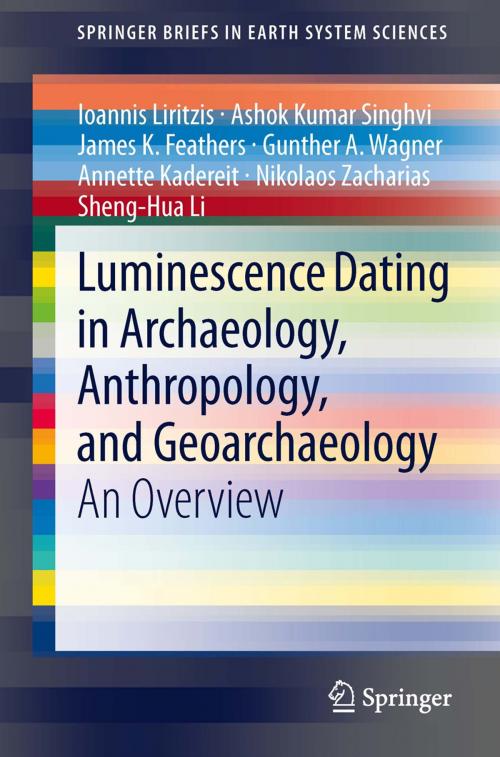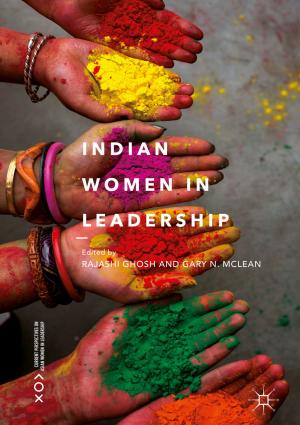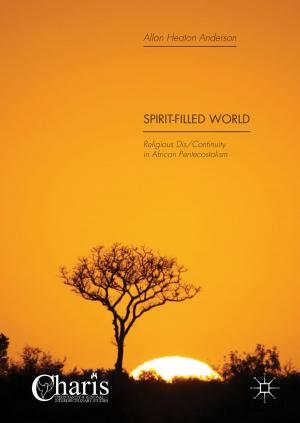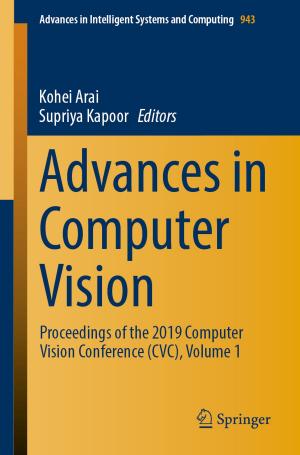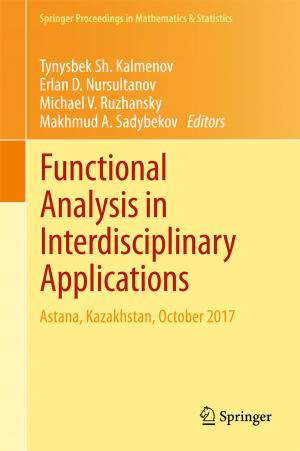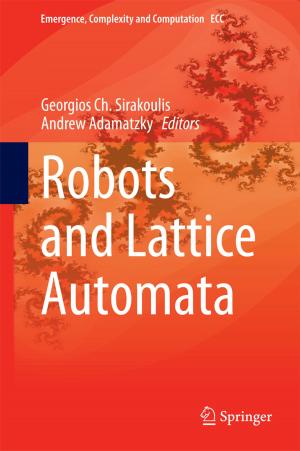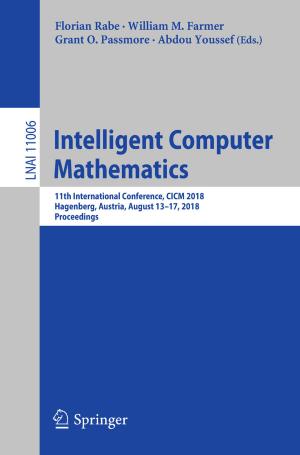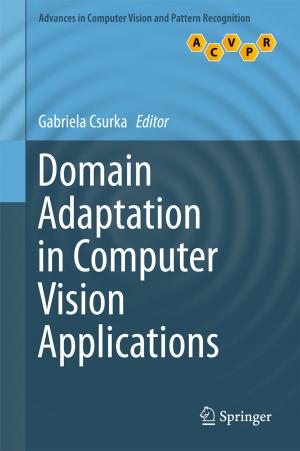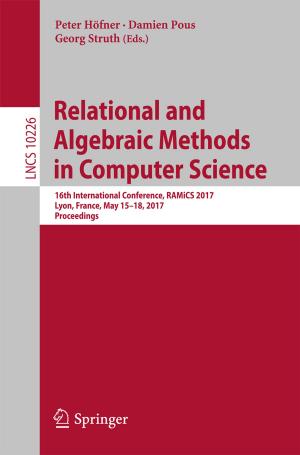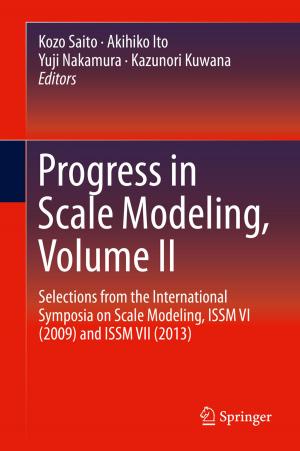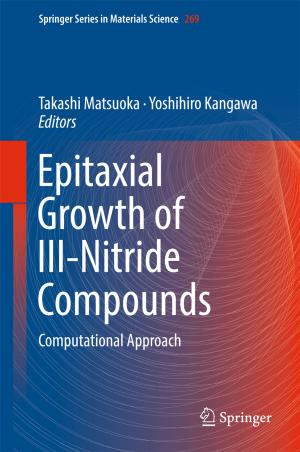Luminescence Dating in Archaeology, Anthropology, and Geoarchaeology
An Overview
Nonfiction, Science & Nature, Science, Earth Sciences, Social & Cultural Studies, Social Science, Archaeology| Author: | Ioannis Liritzis, Ashok Kumar Singhvi, James K. Feathers, Gunther A. Wagner, Annette Kadereit, Nikolaos Zacharias, Sheng-Hua Li | ISBN: | 9783319001708 |
| Publisher: | Springer International Publishing | Publication: | July 5, 2013 |
| Imprint: | Springer | Language: | English |
| Author: | Ioannis Liritzis, Ashok Kumar Singhvi, James K. Feathers, Gunther A. Wagner, Annette Kadereit, Nikolaos Zacharias, Sheng-Hua Li |
| ISBN: | 9783319001708 |
| Publisher: | Springer International Publishing |
| Publication: | July 5, 2013 |
| Imprint: | Springer |
| Language: | English |
The field of Luminescence Dating has reached a level of maturity. Both research and applications from all fields of archaeological science, from archaeological materials to anthropology and geoarchaeology, now routinely employ luminescence dating. The advent of optically stimulated luminescence (OSL) techniques and the potential for exploring a spectrum of grain aliquots enhanced the applicability, accuracy and the precision of luminescence dating. The present contribution reviews the physical basis, mechanisms and methodological aspects of luminescence dating; discusses advances in instrumentations and facilities, improvements in analytical procedures, and statistical treatment of data along with some examples of applications across continents, covering all periods (Middle Palaeolithic to Medieval) and both Old and New World archaeology. They also include interdisciplinary applications that contribute to palaeo-landscape reconstruction.
The field of Luminescence Dating has reached a level of maturity. Both research and applications from all fields of archaeological science, from archaeological materials to anthropology and geoarchaeology, now routinely employ luminescence dating. The advent of optically stimulated luminescence (OSL) techniques and the potential for exploring a spectrum of grain aliquots enhanced the applicability, accuracy and the precision of luminescence dating. The present contribution reviews the physical basis, mechanisms and methodological aspects of luminescence dating; discusses advances in instrumentations and facilities, improvements in analytical procedures, and statistical treatment of data along with some examples of applications across continents, covering all periods (Middle Palaeolithic to Medieval) and both Old and New World archaeology. They also include interdisciplinary applications that contribute to palaeo-landscape reconstruction.
